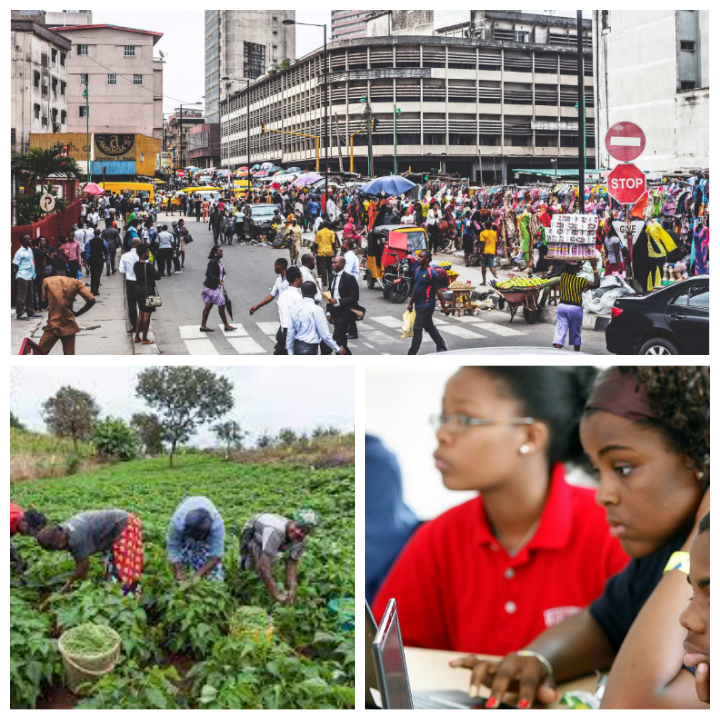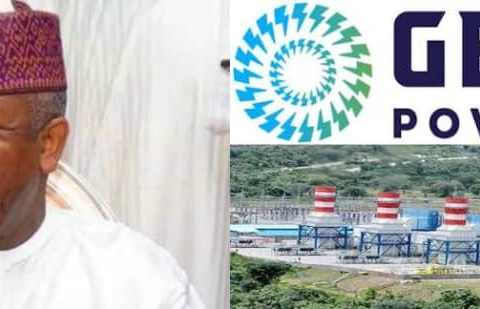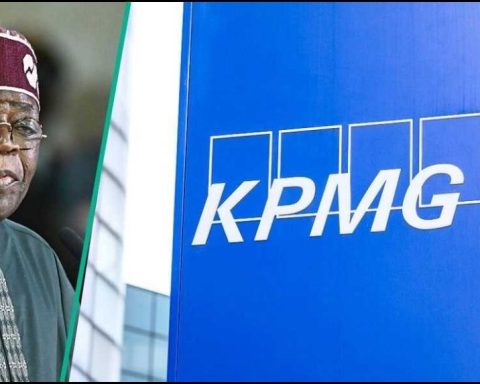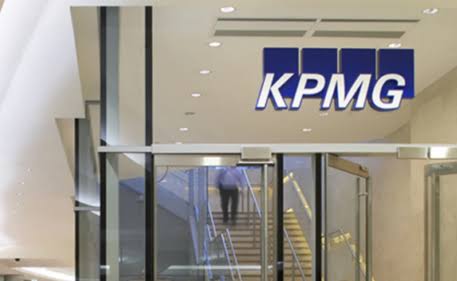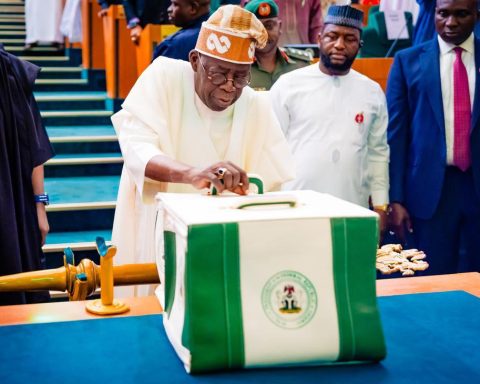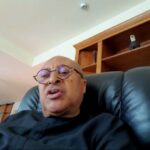To tackle Nigeria’s economic challenges, experts have said there is a need to boost investment in human capital by raising the benchmark budget for education, agriculture and health sectors to at least 10 per cent.
They believe that the poor performance of the economy is because human capital is still low coupled with challenges of infrastructural deficit which account for the low production base in the country.
Development Economist, Prof. Ken Ife, during an interview at Channels Television Sunrise Daily show on Wednesday morning, said increasing the budget for education, agriculture and health is very imperative as they are critical sectors that would help in boosting the human capital base in the country.
Join our WhatsApp Channel“Investment in human resources is abysmal; we should be giving 10 per cent of our budget to education, health and agriculture. Those are the recommendations of the African Union (AU).”
READ ALSO: Experts Advocate PPP Model To Tackle Nigeria Electricity Crisis
He said Nigeria is not going anywhere near the AU recommendation for investment in human capital in those sectors. “we need to face the reality, that countries in the world like Japan, the third biggest world power, with all the natural resources they have do not joke with investment in human capacity. That is what made them what they are today and there are many economies like that.”
Speaking further on the dire need for scaling up human capital, Prof. Ife said Nigeria’s education system standard has dropped significantly, adding that few of the citizens abroad are sending over $26 billion into the country as diaspora remittances, which is much more than the whole revenue the country earns from oil. “Can you imagine if we give these children the minimum that they require for example in global digital literacy and they are able to work anywhere in the world even from Nigeria working for companies in the world, you will be talking about tax remittance multiplying by four or five in the next five years, but we are not addressing that.”
The development economist said one of the ECOWAS micro-economic convergence criteria further suggested that countries should not budget less than 20 per cent of their revenue for investments to continuously trigger economic activities that would create jobs and should not also spend more than 35 per cent of the revenue on government employment to avoid overloading the bureaucracy that they may not have enough resources to take care of.
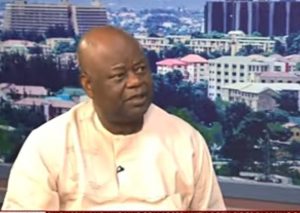
Ife observed that Nigeria has more young people that need to be educated to get equipped with vital skills to create more jobs and boost the economy. He urged politicians who are seeking elective offices in the 2023 election to consider implementing the economic measures being highlighted for the growth of the country.
Similarly, Prof. Magnus Kpakol, executive chairman Economic Growth and Development Centre, said the low production base in the country is largely responsible for the high foreign exchange rate because there is virtually nothing to export.
To come out of the woods, he said there is a need for economic restructuring that would see the Federal Government reduce the burden of its responsibilities which it appears incapable to handle so that people at the grassroots will gradually get more involved. “The Federal Government does not have enough resources to do all that they ought to do,” Kpakol stated.
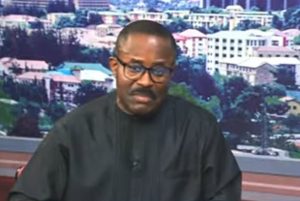
Kpakol, a former economic adviser to President Olusegun Obasanjo, also harped on the need for scaling up skill acquisition programmes for citizens in local government areas as the key to mass production in the country.
Commenting on the huge government expenditure on petroleum subsidy, Prof. Ife said it is high time the Federal government floated the Nigeria National Petroleum Company (NNPC) in the capital market as part of asset-based financing strategies to clear the country’s huge debt burden and gain stability.
He said, “Let’s move this company (NNPC) to the capital market, do an assessment of their asset. I know that based on the 1.7 or 1.6 million barrels of oil per day, the company is worth over 23 trillion, and when you add the gas asset and fiscal asset it will be heading to over 35 trillion. Go to the market and ask for 40 or 49 per cent; let the people buy the shares and you will see the company becoming more efficient.”
READ ALSO: Overcoming Basic Economic Challenges
Victor Ezeja is a passionate journalist with seven years of experience writing on economy, politics and energy. He holds a Master's degree in Mass Communication.


